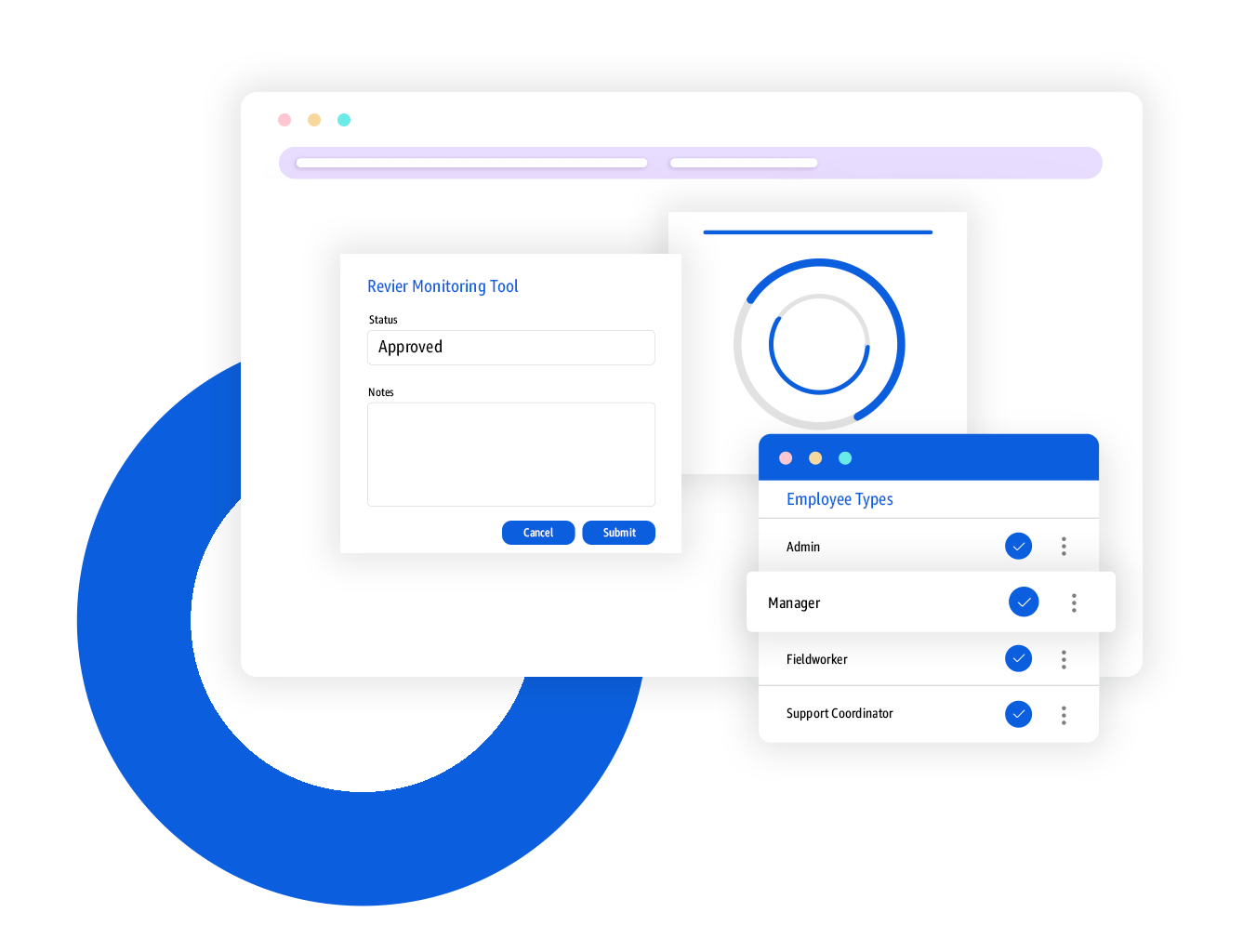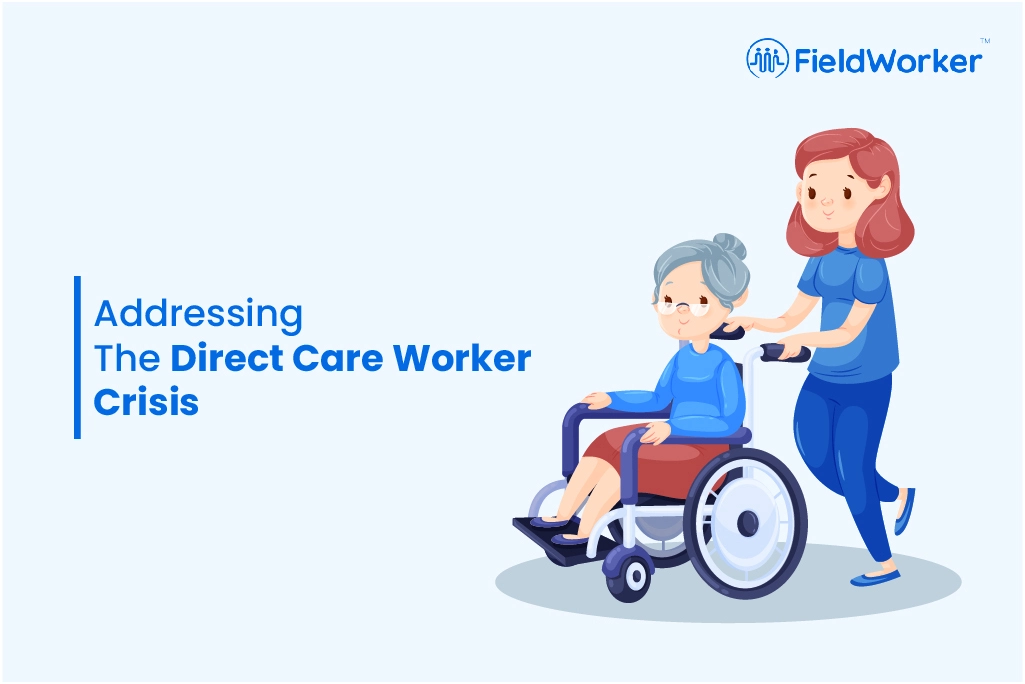In the United States, the direct care workforce, crucial in supporting older adults and people with disabilities, is facing a critical shortage. As highlighted in a recent PBS NewsHour segment, these essential workers, numbering nearly five million, are often underpaid and undervalued. This not only affects their livelihoods but also the lives of those who depend on their support. Amidst these challenges, FieldWorker emerges as a beacon of hope, offering innovative solutions to streamline operations and enhance the caregiving experience.
Understanding the Crisis
Direct care workers are the backbone of home-based care, yet they face numerous challenges. Low wages, limited career advancement opportunities, and high turnover rates are just the tip of the iceberg. The PBS NewsHour report sheds light on the real-life implications of these issues, revealing how they impact both caregivers and those they assist.
FieldWorker: A Game-Changer in Home Care
FieldWorker is revolutionizing the way care agencies operate. By leveraging technology, it addresses key pain points in the caregiving sector:
1. Streamlining Administrative Tasks:
One of the significant challenges for direct care workers is the burden of administrative tasks. FieldWorker’s software automates many of these processes, allowing caregivers to focus more on client care and less on paperwork.
2. Enhancing Communication:
Effective communication is vital in caregiving. FieldWorker provides tools that facilitate seamless interaction between caregivers, clients, and agency management, ensuring everyone stays informed and connected.
3. Improving Scheduling and Time Management:
FieldWorker’s intuitive scheduling system helps in efficiently managing caregivers’ time, reducing burnout, and ensuring clients receive timely care.
4. Empowering Caregivers with Training and Development:
Continuous learning is crucial in caregiving. FieldWorker offers resources for professional development, helping caregivers stay updated with the latest practices and enhancing their skill sets.
5. Facilitating Better Pay and Job Satisfaction:
By improving operational efficiency, FieldWorker enables agencies to manage their resources better, potentially leading to better compensation and job satisfaction for caregivers.
The Impact on Caregivers and Clients
The benefits of FieldWorker extend to both caregivers and those they care for. Caregivers enjoy a more streamlined workflow, reduced stress, and opportunities for professional growth. Clients, on the other hand, receive higher quality care from motivated and well-supported caregivers.
Real Stories, Real Impact
The PBS NewsHour segment brings to light stories of caregivers like China Offlee, who works tirelessly for minimal pay. FieldWorker aims to transform such narratives by empowering caregivers with the tools they need to perform their roles effectively and efficiently.
Looking Ahead: A Brighter Future for Caregiving
The future of caregiving in the U.S. hinges on addressing the challenges faced by direct care workers. FieldWorker is at the forefront of this change, offering solutions that not only enhance the operational aspects of caregiving but also uplift the human element of this noble profession.
Conclusion
The crisis in the direct care workforce calls for immediate and effective solutions. FieldWorker’s innovative approach offers a ray of hope, promising a future where caregivers are empowered, clients receive quality care, and caregiving agencies operate with enhanced efficiency and compassion. As we move forward, it’s crucial for technology and empathy to go hand in hand, ensuring that the caregiving sector thrives for the benefit of all.

